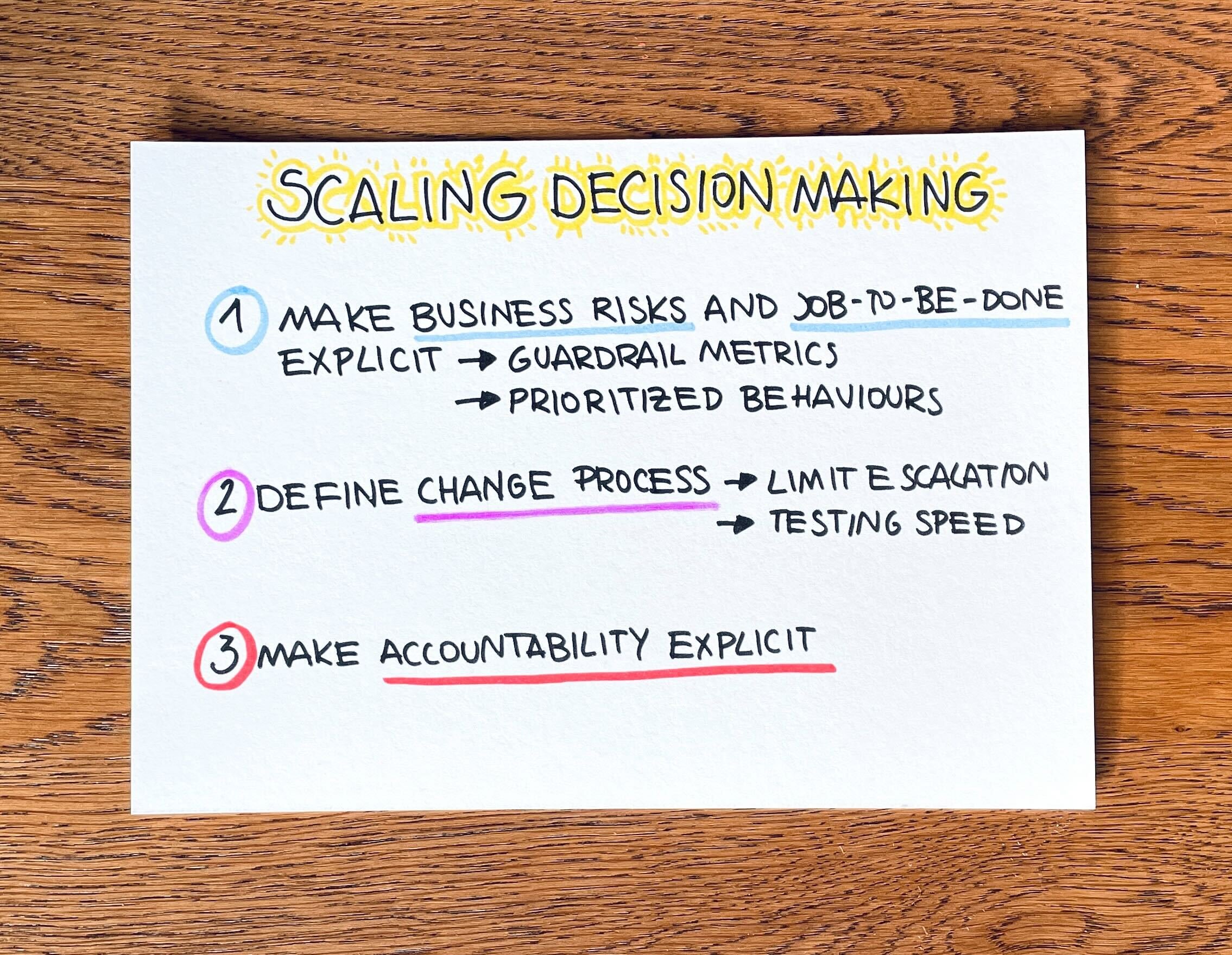Operate like the best or operate like the rest?
There is a big debate right now about approaches to product development.
On one side, product coaches and authors like Marty Cagan and Petra Wille highlight what sets the best companies apart from the rest, when it comes to product deverlopment. On the other side, some practitioners argue these views set unrealistic expectations for the "real world."
Often, it becomes a battle of extremes. However, I believe it boils down to whether you believe in working a certain way or not. If we abstract the content, the criticized books emphasize customer-centricity, leveling up your game, and striving higher. Taking inspiration from companies that work that way. You can't achieve this overnight, and you must adapt to your situation. But if you believe in these principles, they can work. You can make them work.
Let’s take a metaphor I relate to: I love running marathons and admire Eliud Kipchoge. He shows that no human is limited, running a marathon in under 2 hours. While I might never achieve that, I can still draw inspiration and push my own limits.
The same applies to companies in product development. Strive for customer-centricity and value creation, but adapt to your context:
If you're managing outputs, start by validating assumptions and getting closer to your customers.
If you struggle with prioritization, begin discussing the goals you're trying to achieve.
If you work in B2B, start by talking to customers at least once before developing.
Take inspiration, strive for value creation, and adapt these principles to your situation and your area of influence.
Here below are some examples of how I’ve worked with these transformations in practice.
How to apply different frameworks like OKRs, opportunity solutions trees, A/B test to your context
My talk about how we defined a customer-centric product strategy
Opportunities roadmaps, connecting OKRs to continuous discovery
My talk about the Hemnet journey towards an empowered product organization, bringing clarity on different company stages
What is your take on the debate of “the best vs the rest”?





